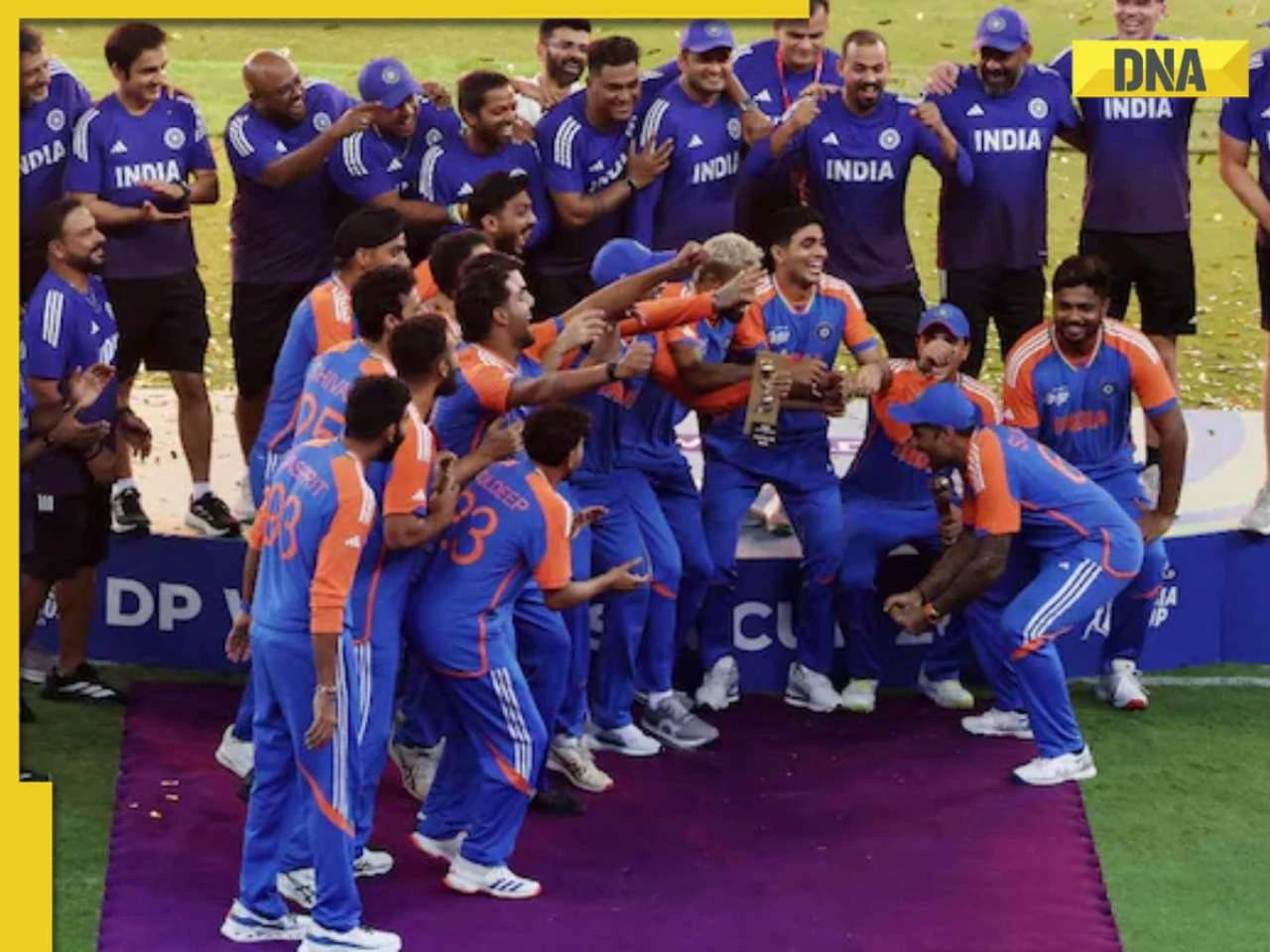India’s stunning five-wicket victory over Pakistan in the Asia Cup 2025 final could have been a moment of pure joy, but it instead ended in confusion, conflict, and an unusual occurrence in international cricket.
This marked the first instance where the champions left without the trophy. What should have been a celebration of glory turned into a contentious issue involving politics and principles.
Following a dominant performance throughout the tournament, India secured their ninth Asia Cup title but declined to accept the trophy from Asia Cricket Council (ACC) President and Pakistan Cricket Board (PCB) Chairman Mohsin Naqvi, who also holds the position of Pakistan’s Interior Minister.
This made the already tense situation even more awkward. Indian players stood firm, refusing to accept the award from a figure known for his strong political opposition to India.
Why did India choose not to accept the trophy?
The refusal boiled down to one key issue – politics on the podium. India did not outright reject the trophy; they simply expressed that they would not accept it from Mohsin Naqvi given the heightened tensions between the two nations. Naqvi, a Pakistani cricket administrator and politician, had previously made a politically charged post following the Super Four match, which was further inflamed by comments from Haris Rauf. Reports indicate that Naqvi ultimately took the trophy back with him after the ceremony was postponed for nearly an hour, leaving the image of India’s victory feeling incomplete.
The Board of Control for Cricket in India (BCCI) has since asserted that the team’s position was warranted, citing political sensitivities. The board is also anticipated to formally address the issue with the International Cricket Council (ICC) and the ACC to ensure the trophy is presented under appropriate conditions.
What the ICC Code of Conduct states
Even if the trophy is not presented on stage, the winning team still retains its rightful ownership. The runners-up, in this instance, Pakistan, are not entitled to claim it. The onus now falls on the tournament organizers to protect the trophy and deliver it to India once the matter is resolved.
Nevertheless, the ICC’s Code of Conduct may still be relevant. Although there is no explicit rule regarding the refusal of a trophy, such behavior could be interpreted as contrary to the “spirit of cricket.” This does not necessarily lead to punishment, but depending on the evaluation of the incident, a formal warning or fine could be imposed.
Are there potential repercussions?
According to ICC regulations, any action that tarnishes the sport’s image may face scrutiny. Trophy presentations are significant events as they embody sportsmanship, unity, and respect for the game. When these moments falter, it is natural for questions to arise.
However, context is crucial. In this situation, India’s choice was not made out of anger or arrogance, but rather as a matter of national principle, which is likely to be considered in any assessment. As one BCCI official reportedly stated, “No team should be compelled to accept a trophy from someone representing a hostile government.”
